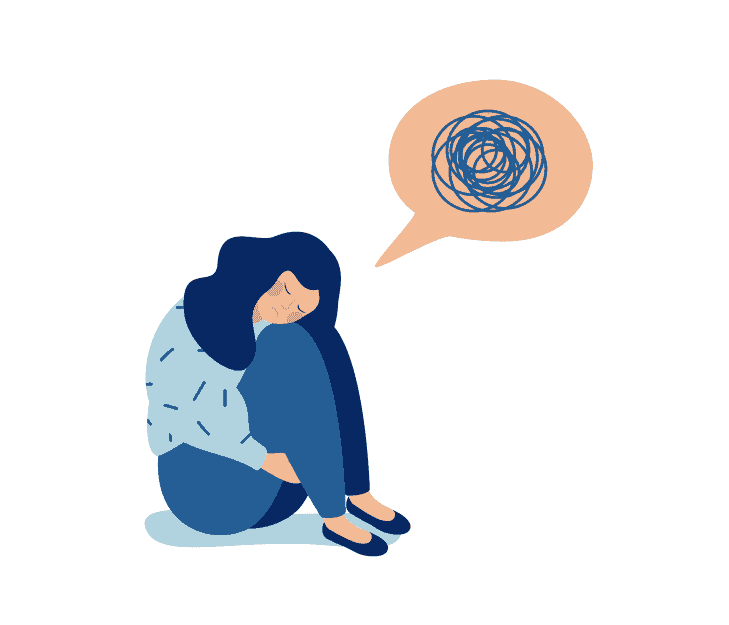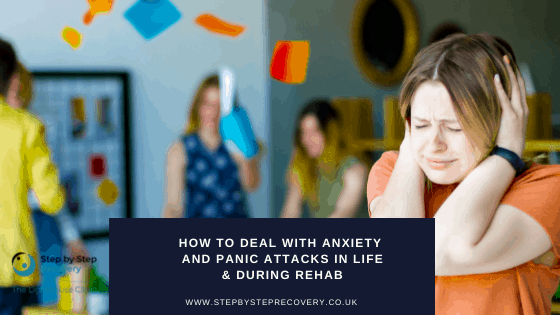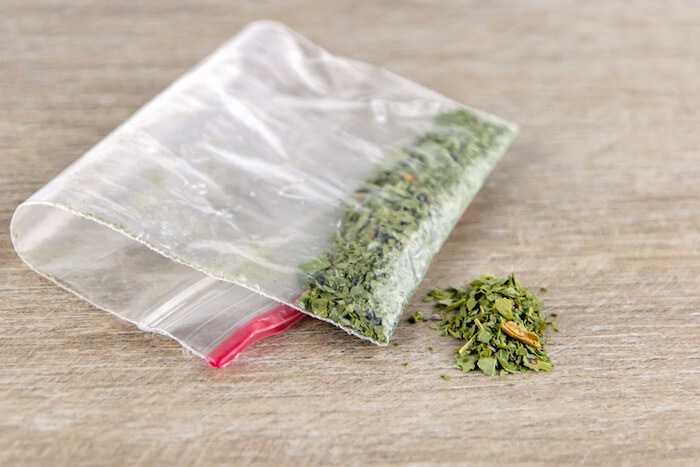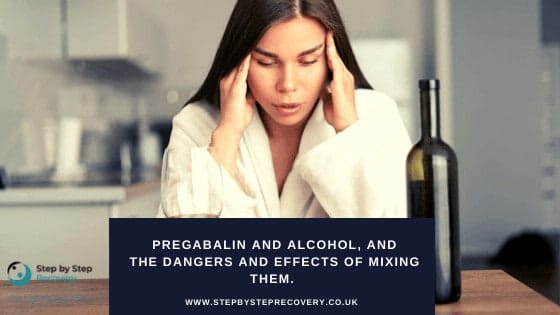Anxiety has become one of the most prevalent mental health issues of this generation, due in part to the increased pressures of everyday life. However, anxiety is our body’s normal reaction to danger. For some people, panic disorders go far beyond worrying about work and finances. In fact, anxiety can often reach a point that can severely impact your everyday life and lead to the development of unhealthy coping mechanisms such as alcohol and drug use.
Types of anxiety disorders
Anxiety is a very broad spectrum, and because each person will experience anxiety in a different way the symptoms will vary. There are several different facets to anxiety, and it can range from OCD (obsessive-compulsive disorder), generalized anxiety to agoraphobia and severe panic attacks.

Generalised Anxiety Disorder (GAD)
People suffering from generalised anxiety disorder are said to be constantly worried about everyday life. Symptoms of GAD manifest as exhaustion, headaches, nausea and tension, however, this worrying might last for hours or days at a time, often affecting everyday life.
Social Anxiety Disorder (SAD)
Social anxiety disorder can cause fear of social situations and affects millions of adults. People with SAD become distressed at the thought of having to interact with people in public and often worry about judgement from others.
These fears can lead to social isolation as a way of avoiding gatherings and go out of their way to avoid group activities and conversations. They may also suffer panic attacks in response to social interaction.
Panic attacks
Panic attacks also referred to as panic disorder, can occur suddenly and without warning. While experiencing a panic attack, you may experience feelings of profound dread and terror, in addition to symptoms that feel like a heart attack — chest pain, heart palpitations, dizziness and shortness of breath. These attacks will cause sufferers to completely avoid any situations that might bring on another episode.
The majority of people who have been diagnosed with an anxiety disorder will also experience nocturnal panic attacks, which are incredibly common and can negatively impact your sleeping pattern. The exact causes of this phenomena are unknown, but external stressors almost certainly trigger these attacks subconsciously.
While you may not be able to entirely prevent panic attacks at night you can develop more effective methods of coping.
Helpful ways to cope with panic attacks
The 5-4-3-2-1 Technique
This technique can be incredibly useful when experiencing a panic attack. The 5-4-3-2-1 method works by encouraging the mind to concentrate on the present using your five senses: taste, touch, smell, hearing and sight. Redirecting your focus has been proven to help
You should start by taking a few slow, deep breaths and follow these five steps:
1.Look for and name five things you see around you.
2. Look for and notice four things you can touch around you.
3. Look for and notice three things you can hear. Examples: Music, people talking nearby or birds chirping.
4. Look for and notice two things you can smell. Examples: Your sheets, food, a pencil on your desk or soap in your bathroom.
5. Look for and notice one thing you can taste.

Breathwork
Learning to control your breathing can take you from a hyperventilative state to a relaxed one in a matter of minutes. Taking deep breaths is linked to the sympathetic nervous system, which controls the fight-or-flight response. But exhaling is linked to the parasympathetic nervous system, which influences the body’s ability to relax and calm down.
Taking too many deep breaths too quickly decreases the amount of oxygen-rich blood that flows to your brain, causing you to hyperventilate. To prevent making a panic attack worse, you should always breathe from your abdomen and not from your chest.
Before you take a deep breath, try pushing all the air out of your lungs first. Next, you should try spending a little bit longer exhaling than you do inhaling. For example, try inhaling for four seconds, then exhale for six. Repeat this process for at least five minutes in a position that you find most comfortable.

How to reduce anxiety and panic attacks
Living with anxiety can be debilitating in many ways, but there are certain steps you can take to alleviate your symptoms and help manage triggers.
Identify your triggers
Some triggers are apparent, like drinking caffeine or alcohol and taking certain drugs. However, others may be less obvious and may require the help of a therapist or counsellor. If you’re prone to experiencing panic attacks during the night, avoiding stimulant drinks such as coffee or drinks high in sugar might help reduce anxiety.
Common anxiety triggers include:
- Stressful work environment
- Financial worries
- Travelling
- Withdrawal from drugs and medications
- Side effects of certain medications or drugs
- Trauma
- Phobias
- Chronic illnesses like heart disease, diabetes, or asthma
- Chronic pain
- Co-occurring mental illness such as depression
- Caffeine
- People and places
Some of the triggers listed above are considered long-term problems and may take longer to manage and may require extra support from friends and family.
Next, you should limit your exposure to these situations. If your anxiety is a result of financial stress or a difficult work environment that you are unable to immediately change, using some of the following coping mechanisms may help you short term.
Get enough rest
The benefits of a good night’s sleep should never be underestimated when dealing with anxiety. Anxiety and panic attacks that occur during the night are often a result of stressful situations that have occurred earlier on in the day. Establishing a healthy sleep pattern is integral when taking care of your mental health. Going to bed too late can give way to anxious thoughts and constant clock-watching. Sleep will also give you the energy to cope with any difficult feelings and experiences you may encounter during the day.
Look after your physical health
Eating regularly and keeping your blood sugar stable can make a significant difference to your energy levels and overall mood. Consuming large amounts of caffeine and foods high in sugar can leave you feeling jittery and lacking in the nutrition your body needs to function effectively.
Exercise can also be extremely beneficial to your mental well-being. Exercise relieves anxiety by stimulating chemicals in the brain called endorphins, which are responsible for creating a feeling of calm and a positive mood. Regular exercise is known to help relieve and control anxiety, even doing as little as a 10-minute walk per day is considered enough to make a difference to your mental and physical health.
Although these techniques may help to alleviate symptoms of anxiety and panic attacks, these disorders can rapidly deteriorate if left untreated. If you’re experiencing any symptoms of an anxiety disorder, you should seek help from a registered therapist.
Page revised in March 2023, by Matthew Reece, a certified PG cons diploma, a clinical Lead/ Senior counsellor at Step by Step Recovery.




